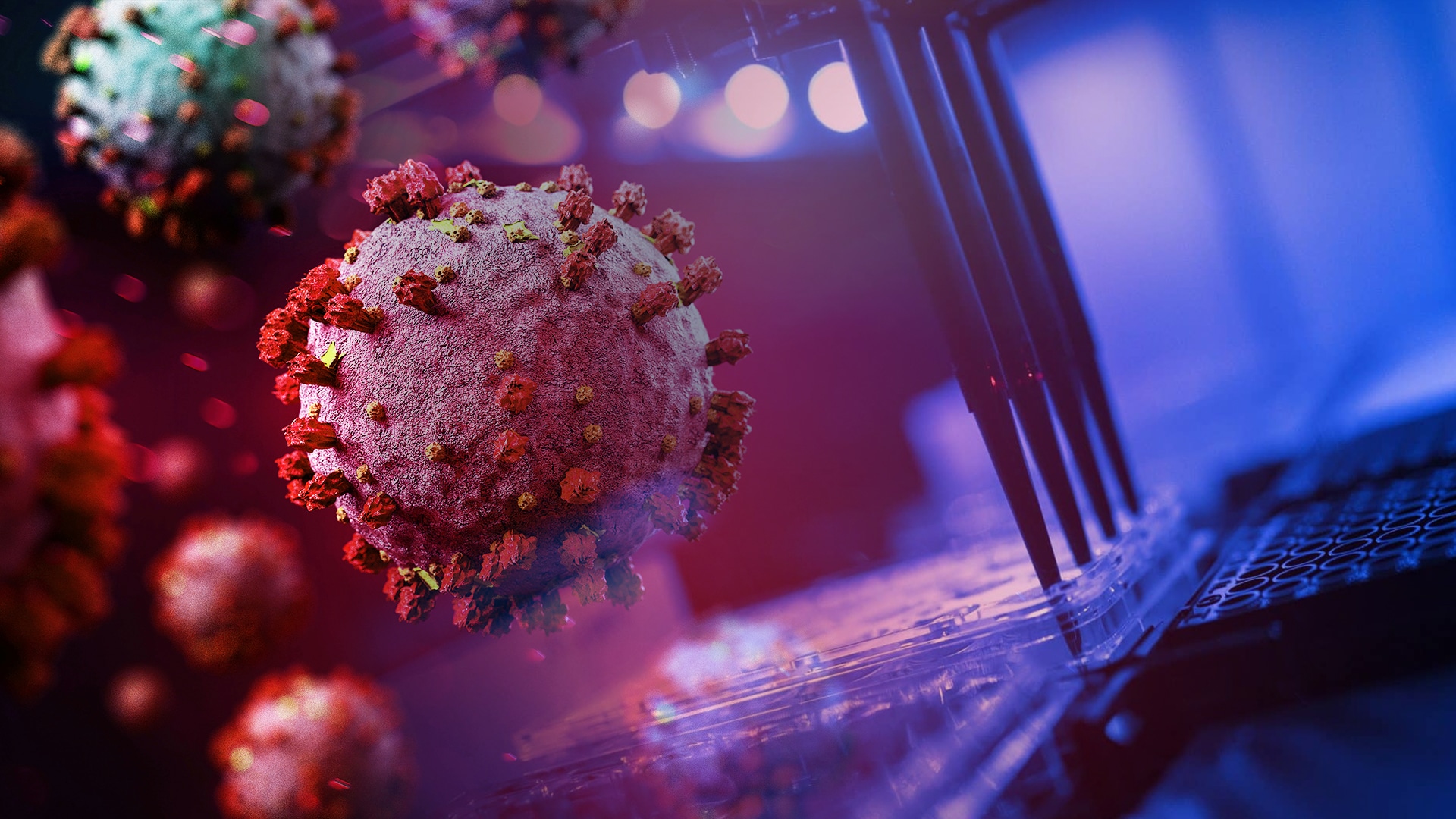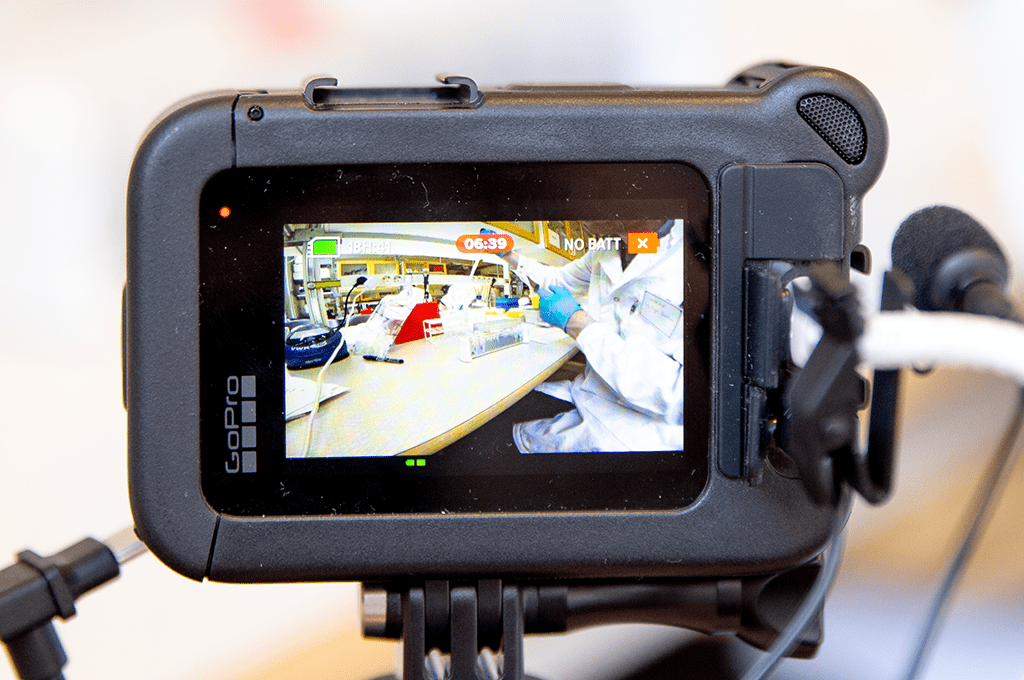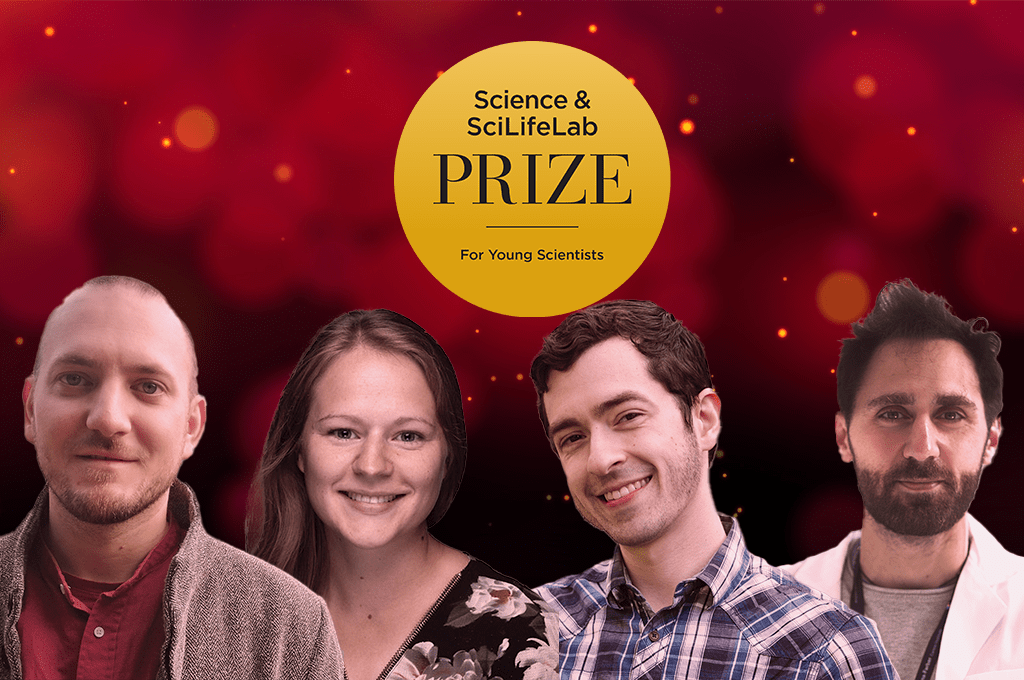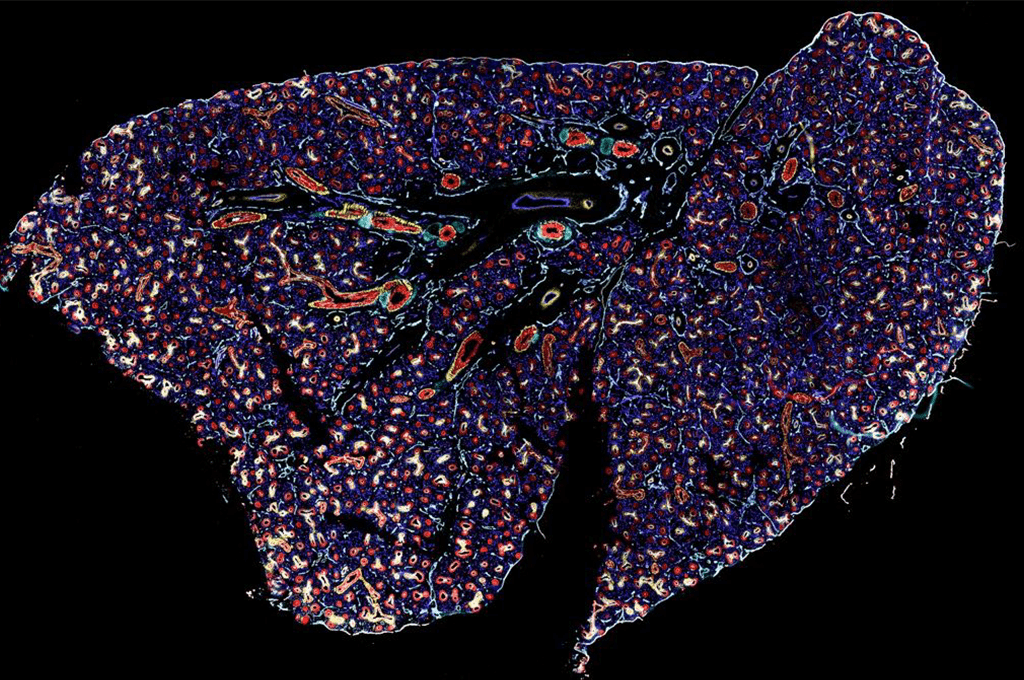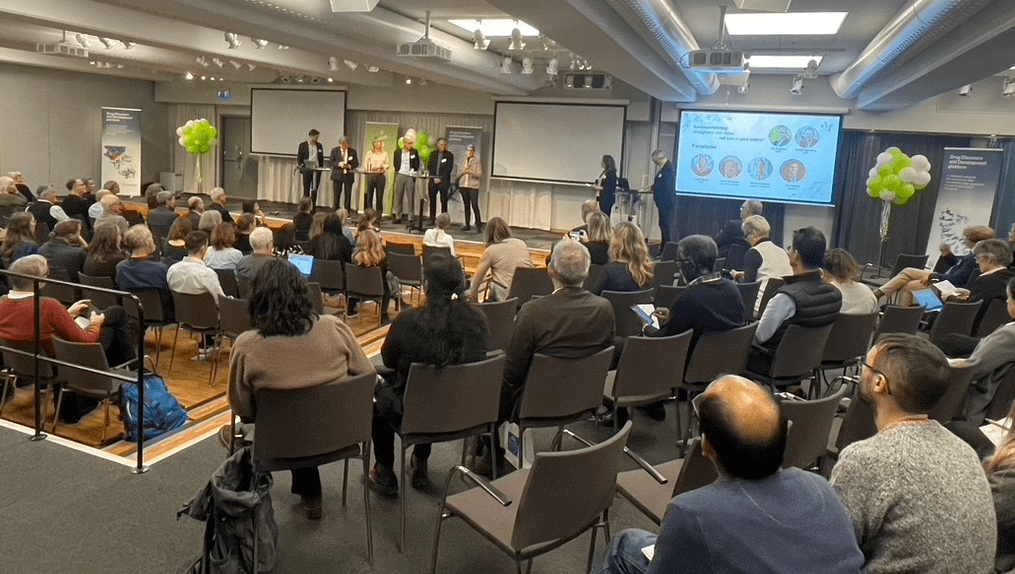Strong basic research prepares Sweden for future pandemics
During the COVID-19 pandemic, the societal impact of research was made clear in real-time. Knowledge both about the virus and the disease has led to improved diagnostics, treatments, and preventive measures in the form of recommendations, anti-infective measures, and vaccines. Today, SciLifeLab presents the report Strong basic research prepares Sweden for COVID-19 and future pandemics, which highlights lessons learned from research conducted during the pandemic and highlights the need for basic research when facing global challenges.
Collaboration combined with broad, national mobilization of joint forces is essential to fight a pandemic Through directed funding from the Knut and Alice Wallenberg Foundation (KAW), SciLifeLab has supported academic research since the start of the pandemic, coordinated through the national COVID-19 research program. The report Strong basic research prepares Sweden for COVID-19 and future pandemics (Swedish) summarizes these efforts.
“Speed and collaboration have been two crucial success factors. An early decision made by the Foundation’s board, as well as efficient handling of calls and evaluations at SciLifeLab, enabled researchers to collect samples in biobanks early in the pandemic. The mobilization of forces, when researchers postponed ongoing research projects to fully focus on COVID-19 research and to collaborate across all borders, was unique and very successful”, says Peter Wallenberg Jr, Chair Knut and Alice Wallenberg Foundation.
Through SciLifeLab’s research community, national infrastructure, and an effective project evaluation, researchers were able to launch large-scale sample collection in March 2020, only eleven days after the WHO declared COVID-19 a pandemic. This has been instrumental for the research conducted since then. In total, SciLifeLab’s COVID-19 program consists of 101 different research projects funded by grants from the Knut and Alice Wallenberg Foundation.
“This highlights the importance of continuous investment in research and a strong national research infrastructure that connects and makes the necessary technologies and methods available. The COVID-19 research made possible through grants from the Knut and Alice Wallenberg Foundation has strengthened Sweden’s pandemic preparedness. It is through research that we gain knowledge and develop methods that we can build on in order to solve societal challenges”, says SciLifeLab Director, Olli Kallioniemi.
Thanks to the initiative from the Knut and Alice Wallenberg Foundation, SciLifeLab’s infrastructure, and a broad and deep research community, SciLifeLab has contributed to strengthening basic research, clinical research, and technology development in connection to COVID-19. The work has taken place in close collaboration with universities, hospitals, authorities, and industry. This has formed the basis for the government’s assignment to increase Sweden’s laboratory preparedness in the event of future pandemics, that SciLifeLab was assigned in 2020. A summary is found in the report SciLifeLab COVID-19 initiatives – reflections from 2020 and lessons for the future.
“It will take time before we are able to see the cumulative effects of the COVID-19 pandemic. What we can, and should do today, however, is to learn from the pandemic to increase our preparedness for the next societal crisis. Through the investment made in COVID-19, research at a molecular, cell, patient, and population level, could be integrated into clinical diagnostics and treatment more quickly than ever before, and has helped to formulate national public health recommendations, ”says SciLifeLab Co-Director Mia Phillipson.
